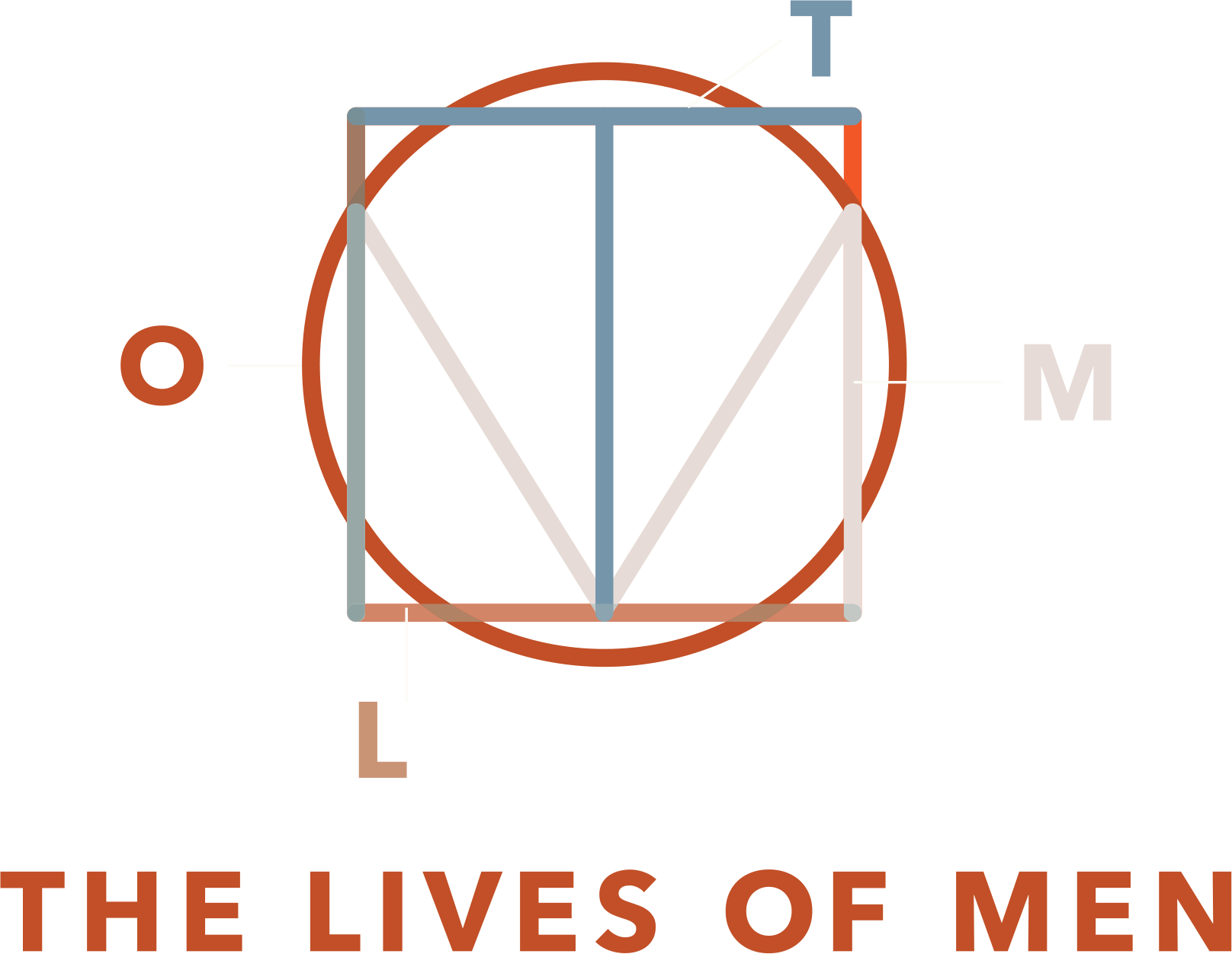A Trip That Represented a Defining Moment for Me
I arrived at Newark Airport on a rainy Saturday morning and joined the group of approximately 60 people traveling to the Dominican Republic as part of a medical mission coordinated by the Waves of Health organization (WoH). The mission would take us to remote parts — Dajabón and Restauración — communities close to the Haiti/DR border in need of medical services. As we prepared our bags for check-in and ran through last minute details, the weight of what we were about to embark on started to set in.
On many levels, this trip represented a defining moment for me. I had not been to the DR since 2013, and up until then, I had visited the island every year for 7 years at least once. Since then, I have been very vocal about my refusal to visit the country in light of the ignorant immigration policies of the Dominican government towards Haitians, particularly the deportation of first-generation Haitian-Dominicans living in the eastern part of the island.
The country has had a history of “Anti-Haitianismo” for decades. One of the most horrendous acts of genocide and ethnic cleansing occurred in 1937 by former Dominican dictator Rafael Trujillo. In what is known as the Parsley Massacre, Trujillo had over 20,000 Haitians murdered along the border. By applying a shibboleth, and asking Haitians to pronounce the word perejil – Spanish for parsley, Dominican soldiers would identify and execute Haitians who could not pronounce the word correctly because of the native French and Creole difference in the pronunciation of the letter “r”. And, here I was, traveling to the very site of that horrific event on a humanitarian mission.
The thought sparked an interesting question. At what point does one set aside personal ideologies for the benefit of something greater than one’s self? In other words, is it possible to look beyond ignorance for the sake of bringing hope, love, and care to those in need? The answer for me was simple. Yes, I could reconcile those polar opposites because I understood that my presence was bigger than me as an individual. In fact, it wasn’t about me at all, it was about the countless men, women, and children we were there to serve.
As I reconciled my own past experiences as a black man of Afro-Dominican decent visiting the country, I quickly realized that my role, in addition to the humanitarian efforts, was to help educate and dispel some of the stereotypes associated with people who look like me; using my platform to inspire children who may not have been afforded the same socio-economic opportunities as me, as well as educating older generations who have subscribed to antiquated notions of race, gender, class and colorism.
As we took off and I observed the plane’s wings gliding through the clouds, I began to mentally prepare for what was to be a unique traveling experience. What awaited us were not the luxuries of all-inclusive resorts and sunny beaches. Rather, a humbling experience in resourceful living that brought me a greater sense of gratitude for basic human needs like clean water, education and proper healthcare. I knew then that this mission would be transformative in more ways than one.
Peace & Love.
Jason




